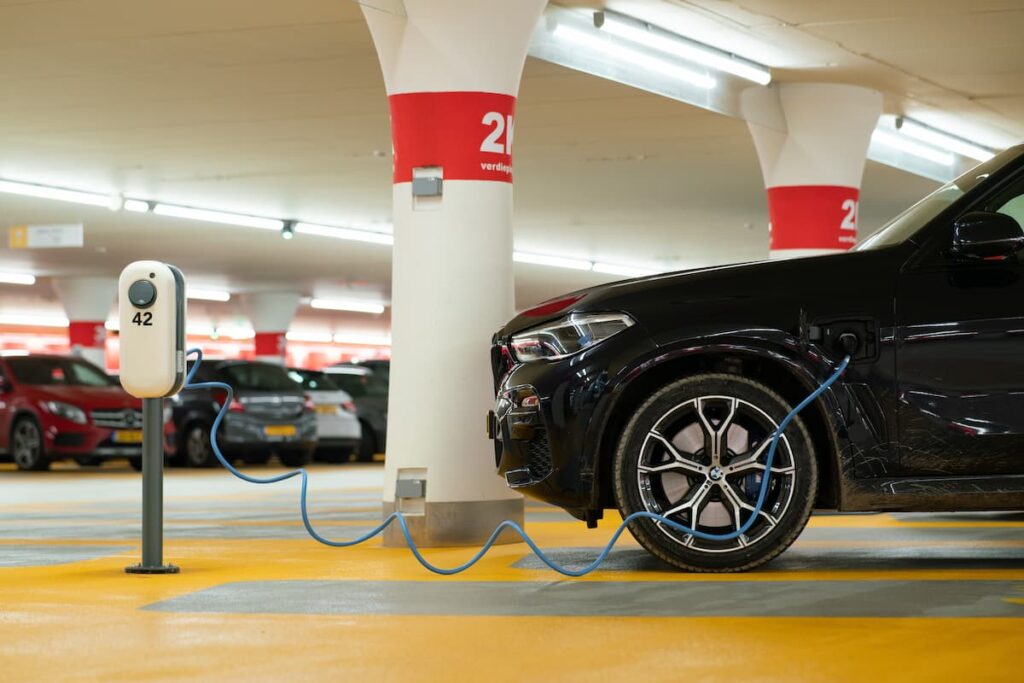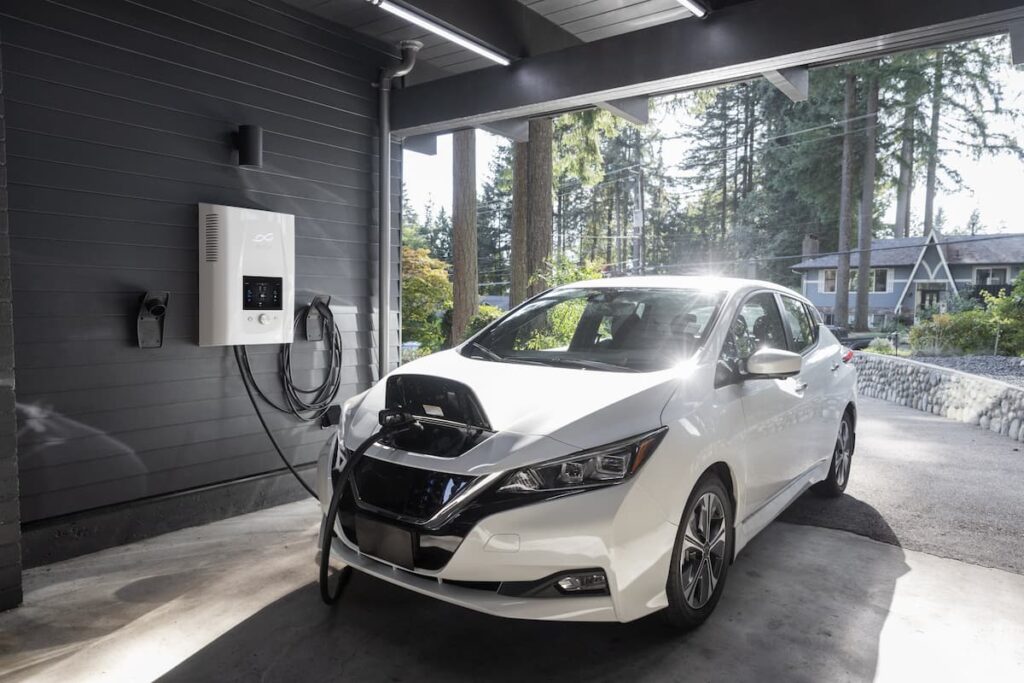Electric or traditional cars? Find out how different they are
Many people wonder how electric cars function and how they differ from traditional vehicles. There's still curiosity about what sets them apart from conventional cars, particularly regarding their energy consumption and overall costs.
Today, electric cars represent a sustainable alternative to traditional modes of transportation, especially when compared to vehicles powered by fossil fuels like diesel and gasoline. These latter options are among the biggest contributors to global pollution, prompting carmakers to seek greener solutions—like electric cars.

## Electric Cars vs. Combustion Cars
Are you considering upgrading your ride? There are plenty of reasons why someone might make this decision, depending on their driving habits and preferences.
Should you go for an electric or combustion-engine vehicle? For many, the deciding factor often comes down to monthly expenses. Additionally, environmental concerns play a major role, with people leaning towards the eco-friendly option: electric cars.
Besides emitting zero CO2 and operating quietly, electric cars deliver instant and powerful torque, providing quick acceleration when needed—a noticeable improvement over combustion engines.
## What Exactly Is an Electric Car?
One of the easiest ways to identify an electric car is by its lack of engine noise. While moving, an electric vehicle is virtually silent, with only a faint sound occasionally heard.
In essence, electric cars consist of four key components:
- **Battery**: Rechargeable and responsible for storing electrical energy to power the vehicle.
- **Inverter**: Converts direct current from the battery into alternating current, which powers the electric motor.
- **Electric Motor**: Receives energy from the inverter to drive the vehicle's mechanisms.
- **Regenerative Braking System**: Captures energy during deceleration to enhance vehicle range.
Learn more about the Engine Control Unit and its functions [here](#).
## Types of Electric Vehicles
You might be surprised to learn that there are more than one type of electric car. All run on electricity, but not all rely exclusively on this energy source. Some models combine electric power with traditional fuel. Here are the three main types:
- **Hybrid Vehicles**: Feature both electric and combustion engines. If the electric charge runs low, the gas-powered engine kicks in, usually activated via the braking system.
- **Plug-in Hybrids**: Similar to regular hybrids but equipped with larger batteries offering extended electric-only range.
- **Fully Electric Vehicles**: Operate entirely on battery-stored electricity, which can be replenished through public charging stations or regenerative braking.
## Range and Charging Concerns
One common concern is how far an electric car can travel before needing a charge. Modern fully electric models typically provide decent ranges, often exceeding 300 kilometers on a single charge, depending on the model and brand.
Hybrid cars, however, have shorter ranges, averaging around 50 kilometers in electric mode. Yet, they tend to charge faster than fully electric counterparts.

## The Pros and Cons of Electric Cars
Electric cars come with numerous advantages but also face certain challenges. Before committing to one, weigh the benefits against the drawbacks.
### Advantages
- **Reduced Emissions**: Electric cars produce no CO2, making them environmentally friendly.
- **Cost Savings**: No reliance on fossil fuels means significant savings in the long term.
- **Tax Benefits**: In countries like Portugal, electric vehicles avoid Single Circulation Tax (IUC) and Vehicle Tax (ISV), reducing overall expenses.
- **Lower Maintenance Costs**: Fewer moving parts translate to reduced servicing needs.
### Disadvantages
- **Higher Initial Cost**: Although operational costs are lower, the upfront expense remains higher than traditional vehicles.
- **Range Anxiety**: Not all electric cars match the range of gasoline-powered ones, causing worry about running out of charge mid-journey.
- **Long Charging Times**: Unlike filling up at a gas station, recharging an electric car can take hours.
- **Limited Charging Infrastructure**: Finding accessible charging stations along long routes can be challenging.
Understanding these aspects helps you evaluate whether an electric car fits your lifestyle and needs. Remember, the choice ultimately hinges on factors like daily mileage, availability of charging infrastructure, and budget considerations.
Still unsure? Reach out—we’re here to help clarify any doubts you may have!
beverage label,drink labels,juice labels,labels for bottled water,custom coffee labels
Zhuhai Yingwei Packing Products Co., LTD , https://www.yingweipacking.com
